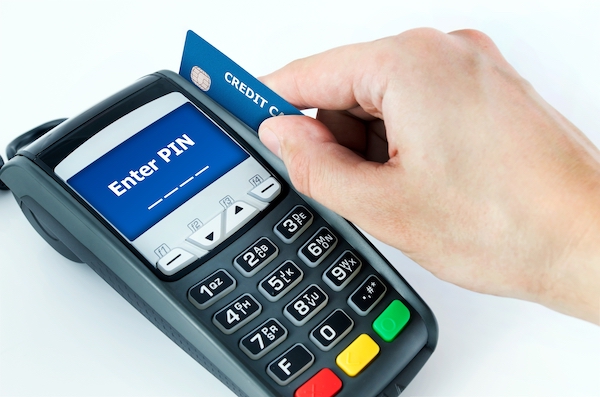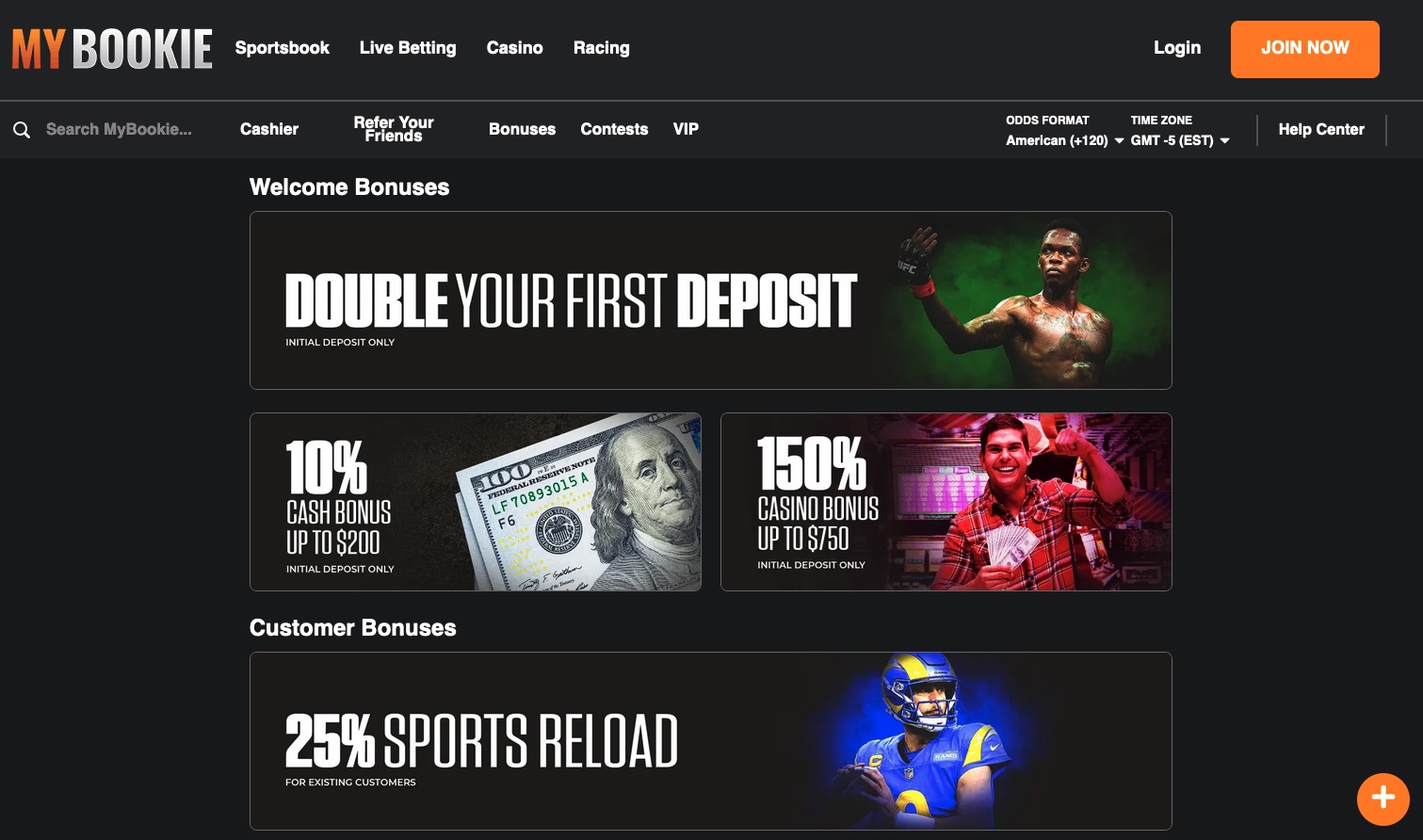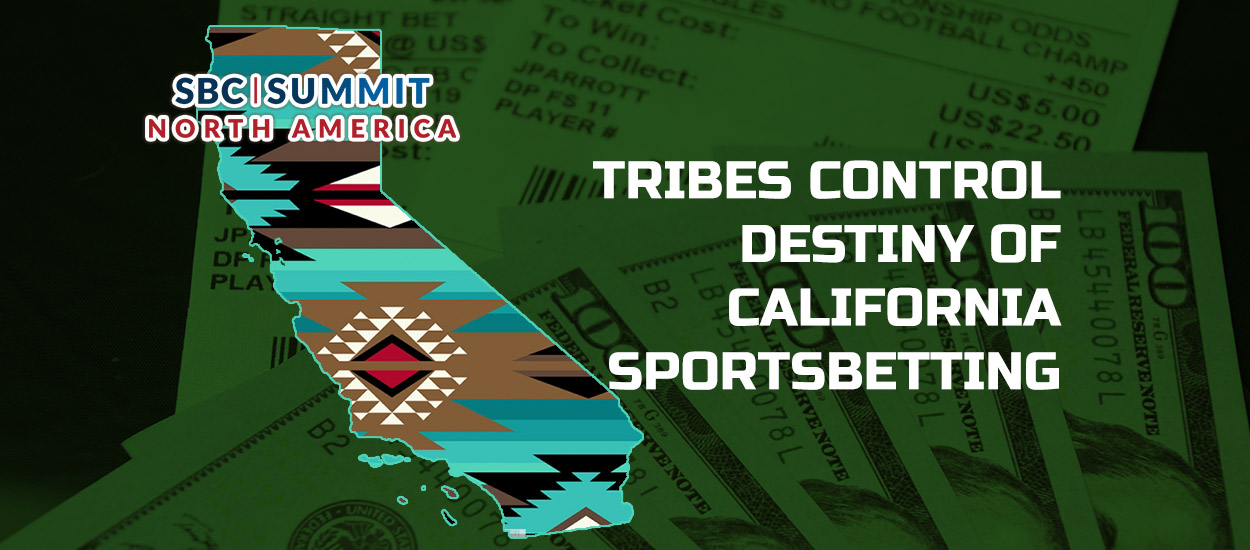Legislation targeting credit card use for gambling in the U.S. is taking hold
Senator Wayne Fontana (D – Pennsylvania) introduced a bill that would ban the use of credit cards for gambling throughout the state. According to statement made by Fontana, credit card debt in the state is out of control and the Senator feels that gambling shouldn't add to the debt burden. The activities that would be banned from credit card deposits are online casinos and sportsbooks, iLottery purchases and daily fantasy sports. What’s notably not included in the ban is online horse racing and ATM machines that allow credit card withdrawals at physical casinos and racetracks.  Currently Iowa, Massachusetts and Tennessee have similar bans already in place and other states are apparently looking at banning credit cards for online deposits.
Currently Iowa, Massachusetts and Tennessee have similar bans already in place and other states are apparently looking at banning credit cards for online deposits.
In most states there is no statewide ban in place on gambling deposits, but several banks have taken it upon themselves to disallow the use of credit cards or even debit cards for gambling. The problem is that even in these situations, bettors have found a way around those bans by using e-wallets. While a payment for online gambling using the PayPal link on a gambling site will often be blocked if a bank or state disallows those types of payments, most bettors can upload funds to their PayPal (or other e-wallet accounts) and then send the payment using the balance in their e-wallet account. It’s pretty much impossible to spot or block. Once funds are in a PayPal account there is nothing stopping the usage of those funds for gambling or eBay purchases. And while a host of banks block the use of direct e-wallet deposits, there is no similar rule that applies to withdrawals. Consequently, a player will often get a note that a payment is "not allowed" when trying to deposit to say BetMGM, but they will not get any message if they want to withdraw winnings to their bank account or e-wallet using that solution.
Credit Cards blocked for gambling around the world
Credit card bans are not unique to the United States. In the UK, the country implemented a ban on the use of credit cards for gambling in April 2020 after a study by the UK Gaming Commission discovered that 22% of bettors who use credit cards have a gambling problem. They failed to include the fact that only three out of every 100 bettors use credit cards for deposits nor did they address the use of e-wallets there as preferred payment methods, so the credit card banned was only mildly meaningful. Most gambling analysts in the UK said that it was a motion by the UK Gaming Commission to pretend they are doing something measurable to stop problem gambling, but was really just a band aid on a major flesh wound. If reports on the situation now are true then it turns out they were right. The latest studies show that the credit card ban has had next to no effect on problem gambling in the country.
The Australian government has a ban on credit card ATMs inside casinos, which has been in place for some time, and in December of 2023 they passed a law that will ban the use of credit cards and digital currencies for online gambling payments that will come into force next month. Any company that violates the law is subject to a fine of up to 234,750 Australian dollars, which will certainly stop companies from accepting payments by those methods. But like with the UK, it seems it may be just a band-aid solution since less than 5% of Australians use credit cards to gamble and the use of digital currencies is almost non-existent. Most bettors use e-wallet solutions like Neteller, Skrill, PayPal or Amazon Pay, bank transfers or direct debit card payments. And there is no discussion by the Australian government to stop those payment methods.  A colleague who has worked in the gambling industry for decades and lives in Melbourne told me that the government knows that if they block all forms of payments for gambling it would effectively make gambling illegal and drastically harm the economy, so this is a way to win favor with religious groups and other anti-gambling groups who are always in the news saying the government is promoting gambling addiction, while actually doing little to address the real problem. He said the outcry from gamblers would be massive if they blocked the most popular payment methods and the gambling lobby in Australia is very large.
A colleague who has worked in the gambling industry for decades and lives in Melbourne told me that the government knows that if they block all forms of payments for gambling it would effectively make gambling illegal and drastically harm the economy, so this is a way to win favor with religious groups and other anti-gambling groups who are always in the news saying the government is promoting gambling addiction, while actually doing little to address the real problem. He said the outcry from gamblers would be massive if they blocked the most popular payment methods and the gambling lobby in Australia is very large.
In Canada, the use of credit or debit cards for gambling is strictly left up to the banks and most banks will allow payments for authorized Ontario companies like FanDuel or OLG but will not allow payments for offshore gambling. A couple of banks, TD and CIBC allow all gambling transactions but RBC, the largest bank blocks transactions for offshore gambling.
Prior U.S. Laws
One of the concerns about stopping all payments for gambling, including credit cards, in the United States that banks have had is the UIGEA. The Unlawful Internet Gambling Enforcement Act was enacted in 2006 to prevent banks from processing illegal gambling transactions, but there was also a rule which said that banks need to perform due diligence to ensure that all illegal transactions are stopped but legal transactions are not hindered. Fortunately for banks there is no real penalty for any bank that stopped a legitimate payment provided they did their “due diligence” so most banks ignored that part of the regulations and blocked all gambling transactions from the passage of the UIGEA until 2017. In 2017 the US Supreme Court overturned PASPA and all interstate sports betting became legal provided the state passed a law allowing it, so banks have started to allow all transactions for sites like FanDuel, BetMGM, DraftKings, BetCaesars and any sites that are specifically licensed and regulated. Only if there is a law disallowing a transaction, such as the credit card ban in Massachusetts and Tennessee, will banks prohibit those deposits.
Unfortunately, like has been seen in the UK and Australia, these measures are really irrelevant if it doesn’t prevent problem and underage gambling, which was the stated reason the bans were put in place. The Ontario government realized this, so rather than banning credit card payments, which they deemed would be ineffective, they contacted the Centre for Mental Health and Addiction and other problem gambling groups and sought solutions. One of the suggestions that was made was to stop promotions by athletes and celebrities for sports betting, which they said had a measurable impact on betting, primarily with youth and children. Consequently, the province banned the use of athletes or other celebrities in gambling advertising except to promote gambling prevention tools. So now Connor McDavid is often seen on BetMGM ads telling people to gamble responsibly and use self-harm tools offered on the site such as deposit limits, self exclusion and time out periods, but does not promote betting on games. And the UK has implemented a whistle-to-whistle ban on gambling ads during live soccer games. Anti-gambling organizations said these solutions aren’t perfect, but are more effective than just credit card bans. Also, many gambling groups have said that the effectiveness of preventing gambling still wrests with the gambling companies. There was talk in some states about stopping bonuses, free play and incentives to curtail problem gambling, although sportsbooks are quick to point out that these are necessary to help differentiate them over other gambling sites, plus they are mostly used by recreational bettors who don’t have problem gambling issues. "A risk-free $5 same game parlay bet or a $50 refer a friend bonus is not going to affect a problem gambler," a friend who works at FanDuel told me.
A more proactive approach that received great accolades in the UK was initiated by Barclays Bank which allowed customers to block payments for certain products on their credit and debit cards. Once blocked a customer must wait three days to unblock the payment. A Barclays spokesperson in an interview since said that this has proven to be very valuable in stopping compulsive gambling because by its very nature, compulsive gambling entails betting impulsively and if a payment can’t be made for that impulse bet then it mandates a cooling off period which usually calms down the desire to bet.
At SBC North America last year, I talked with one of the speakers on problem gambling after her session and I asked her what she thought was really the best way to prevent problem gambling. She said operators have the real abilities to address the issue. She said that the two main things operators need to do is implement a self assessment tool and have proper monitoring in place to spot and address problem gambling. Self assessment tools typically consist of a series of questions that delve into various aspects of a bettor’s gambling habits, attitudes, and financial situation. The responses on the tool generates an assessment of a player’s gambling behavior and indicates whether further action or support may be necessary. She said that many gamblers have an aha moment when they take the test and discover things about themselves they didn’t know. More importantly, she said that gambling companies must have staff in place to monitor betting patterns, deposits, withdrawals and bet amounts and contact and discuss with the person if they see an issue. A well-trained monitor can determine right away if a bettor is chasing losses or is betting money they clearly don’t have. At physical casinos this is impossible unless a bettor is using a player’s card, but online it is quite easy. My Australian colleague said that extensive monitoring has always been used at sites he worked for and bettors who were exhibiting compulsive behavior were spotted and banned. He also said that the companies in Australia have an unwritten rule that if they ban someone for that reason, they share it with other companies with an Australian license to ensure the player is truly cut off from all legal online betting sites.
So, it seems that Pennsylvania will just be the latest state to try and pretend they are doing something meaningful to address problem gambling by banning credit card deposits for gambling. It’s not necessarily a bad idea since there are better low fee solutions for customers to make deposits such as e-wallets, direct deposits or, where allowed, to make cash deposits at a physical location, but the state shouldn’t try to pretend that this measure will stop problem gambling. Compulsive and underage gambling are real issues that must be addressed and other countries have put in measures related to advertising, self assessment tools and mandated extensive monitoring that helped to truly address and deal with the problem.
I’ve been writing about the industry for over two decades and gambling operators to a tee have told me that problem gamblers are a blight on their business. Contrary to what many believe, problem gamblers are not big contributors to the bottom line and they are the first ones to complain about bad beats, demand credit or try to get their losses back by suing. So, no one wants problem gamblers to be out of the business of gambling more than the gambling companies. But they also want to make it as convenient as possible for gamblers without a problem to deposit and withdraw funds easily and often that involves credit cards. If the governments have a true method to stop problem gambling, then the gambling businesses will be all ears, but blocking all credit card payments and pretending it’s meaningful is pie in the sky. At best, banning credit cards is a makeshift solution for a problem that really doesn’t exist and one that problem gamblers can easily find a way around.
Read insights from Hartley Henderson every week here at OSGA and check out Hartley's RUMOR MILL!








































